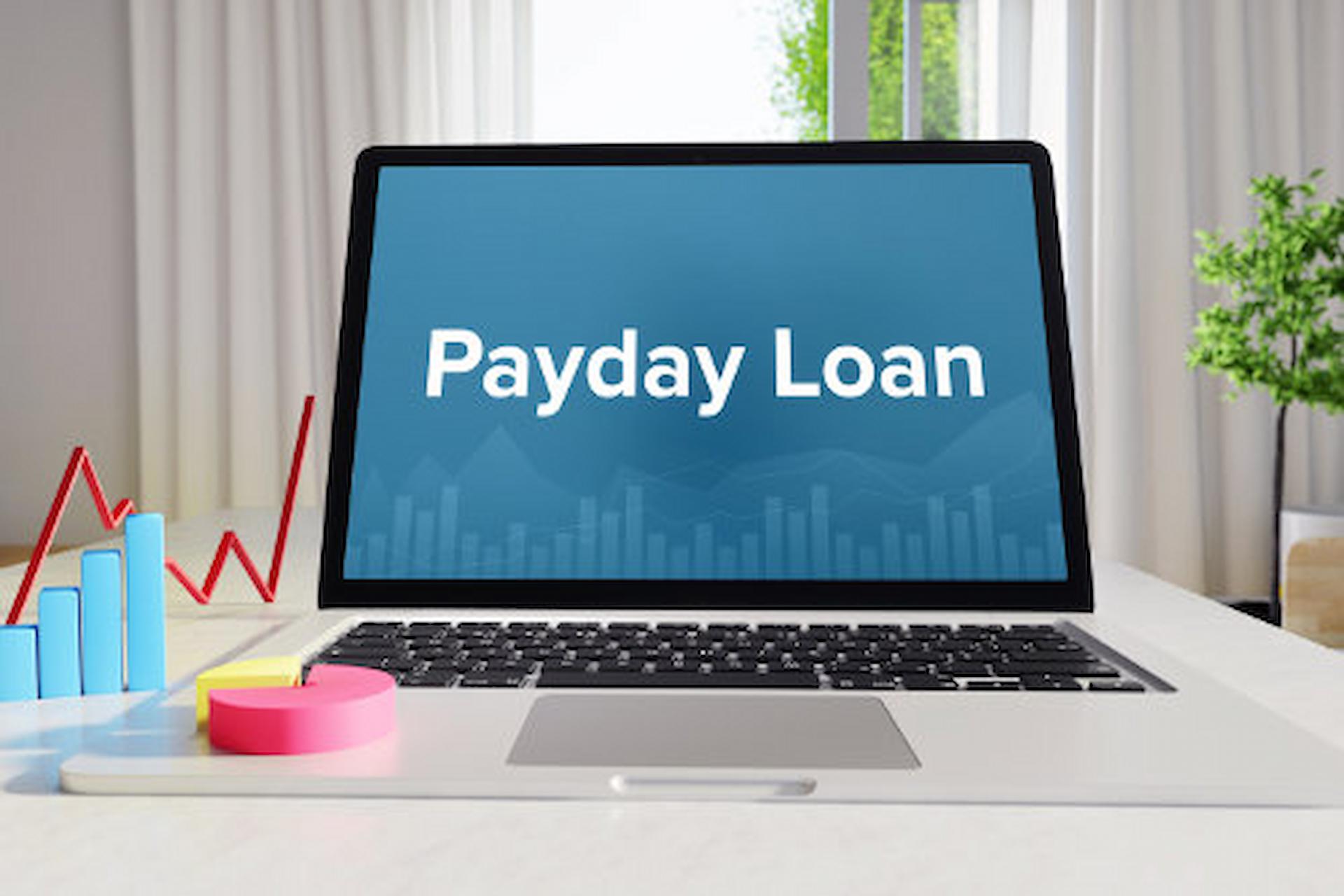In personal finance, credit scores often wield immense power. They can determine whether you qualify for loans, mortgages, or credit cards and at what interest rates. For many individuals, a less-than-stellar credit history can be a significant barrier to accessing financial assistance when needed. However, a growing trend in the lending industry aims to level the playing field: loans with no credit check. These loans offer a lifeline to borrowers who may have struggled with credit, allowing them to overcome financial obstacles and pursue their goals. In this article, we’ll explore the concept of loans with no credit check, their benefits and drawbacks, and how they can empower borrowers to take control of their finances.
Understanding Loans with No Credit Check
Traditional lenders typically rely heavily on credit checks to assess the creditworthiness of potential borrowers. However, loans with no credit check operate differently. Instead of evaluating an individual’s credit history, these loans are based on other factors such as income, employment status, and banking history. This alternative approach allows individuals with less-than-perfect credit to access the financial assistance they need without facing automatic rejection due to past mistakes.
Benefits of Loans with No Credit Check
One of the primary advantages of loans with no credit check is their accessibility. By bypassing the traditional credit check process, these loans open doors for individuals whom mainstream lenders may have shut out. It can be particularly beneficial for those facing emergency expenses or unexpected financial challenges. These loans often feature streamlined application processes and faster approval times, providing borrowers with prompt access to much-needed funds. Moreover, successfully repaying these loans can help rebuild damaged credit over time, offering borrowers a path to financial recovery and stability.
Potential Drawbacks and Risks
While loans with no credit check can offer valuable support to borrowers in need, they do not have drawbacks and risks. One noteworthy consideration is the elevated interest rates linked with these financial arrangements. Lenders often charge higher rates to offset the increased risk of lending to individuals with limited or poor credit histories. As a result, borrowers may pay more in interest over the loan life compared to traditional financing options. Additionally, some lenders may engage in predatory practices, targeting vulnerable borrowers with deceptive terms and exorbitant fees. It’s essential for borrowers to review the terms and conditions of any loan offer carefully and to seek reputable lenders with transparent lending practices.
Responsible Borrowing and Financial Empowerment
While loans with no credit check can temporarily relieve financial hardships, borrowers must approach borrowing responsibly. They should use only essential borrowing in alignment with their financial capacity for repayment, refraining from succumbing to the allure of excessive debt beyond manageable limits. Additionally, borrowers should strive to improve their financial literacy and develop healthy money management habits to prevent future economic challenges. By taking control of their finances and making informed decisions, borrowers can use these loans as a tool for empowerment rather than a temporary fix.
Alternative Options and Considerations
While loans with no credit check can be viable for some borrowers, exploring alternative options and considering all factors before deciding is essential. For individuals with limited or poor credit histories, alternative lending platforms, such as peer-to-peer lending or community development financial institutions (CDFIs), may offer more favorable terms and lower interest rates than traditional lenders. These platforms often take a more holistic approach to evaluating borrowers’ financial situations, considering factors beyond credit scores. Additionally, exploring options for building or repairing credit, such as secured credit cards or credit builder loans, can help individuals improve their credit profiles over time, opening doors to more favorable financing opportunities.
Importance of Financial Education and Planning
Financial education and planning are essential to long-term financial success regardless of the chosen borrowing avenue. Many individuals are in precarious financial situations because they need to understand basic financial concepts, such as budgeting, saving, and managing debt. By investing in financial education and seeking guidance from reputable sources, such as nonprofit organizations or certified financial planners, borrowers can gain the knowledge and skills to make informed financial decisions. Developing a comprehensive financial plan that aligns with one’s goals and priorities can provide a roadmap for achieving financial stability and independence.
Addressing Systemic Inequities
While loans with no credit check can help individual borrowers navigate immediate financial challenges, they do not address the systemic inequities that underlie many individuals’ credit difficulties. Factors such as income inequality, limited access to affordable housing and healthcare, and discriminatory lending practices disproportionately impact marginalised communities, contributing to cycles of poverty and financial instability. Addressing these systemic issues requires comprehensive policy solutions and collective action to promote economic justice and opportunity for all. Initiatives such as affordable housing programs, healthcare reform, and fair lending regulations can help level the playing field and create a more inclusive financial system that benefits everyone.
Conclusion
In the contemporary financial environment, where creditworthiness frequently determines access to vital services and opportunities, providing loans without credit verification presents hope for individuals grappling with credit-related impediments. By providing an alternative path to financial assistance, these loans empower borrowers to overcome challenges, pursue their goals, and build brighter futures. However, borrowers must approach these loans cautiously, understanding the potential risks and responsibilities. With responsible borrowing practices and a commitment to financial empowerment, loans with no credit check can be valuable in the journey toward financial stability and success.







